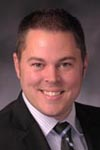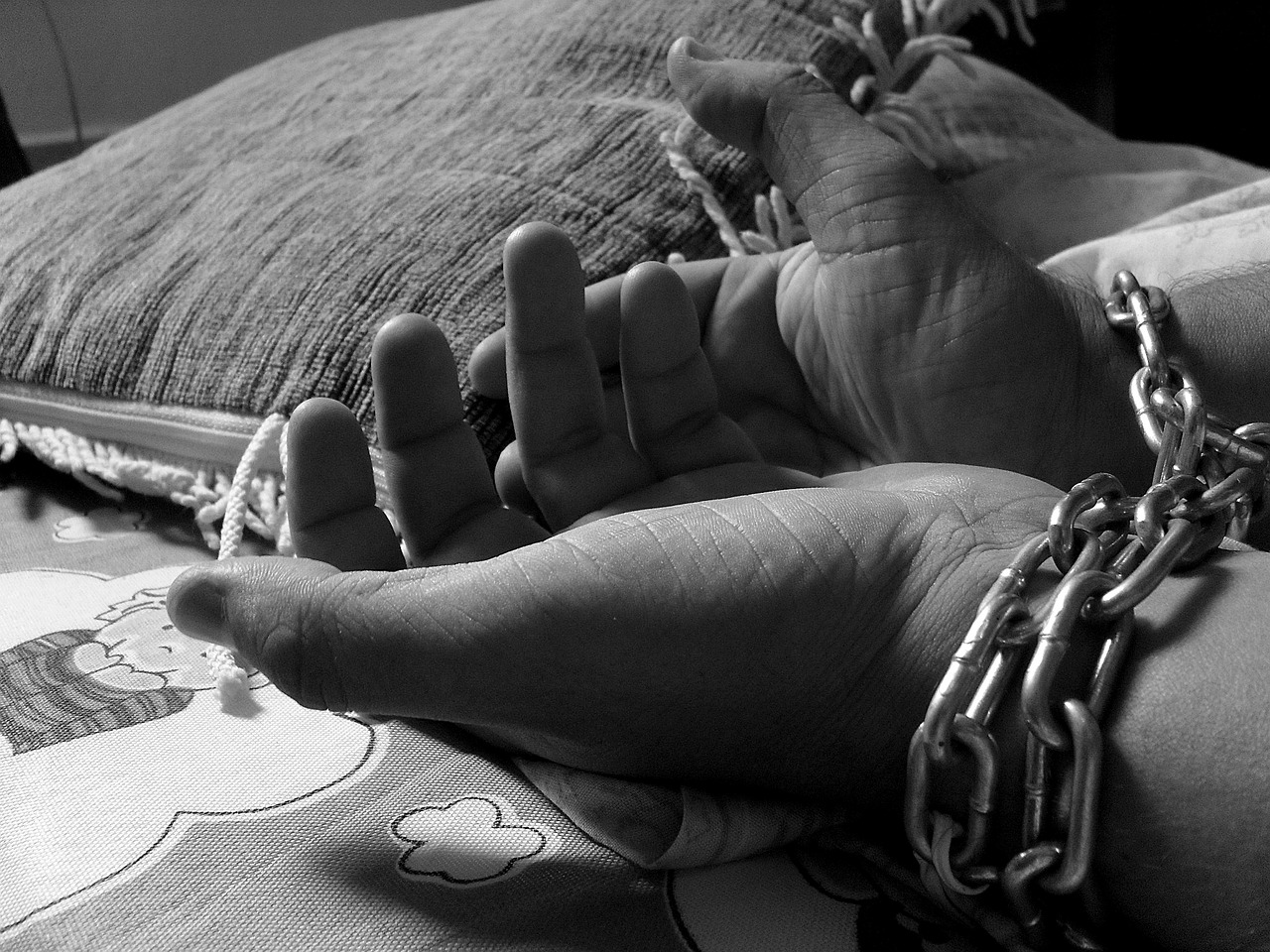JEFFERSON CITY, Mo. — Rep. Elijah Haahr, R-Springfield, will chair a committee made up of more than 20 individuals from law enforcement, political, child well-being, and public safety groups designed to stop human trafficking in the state of Missouri.
“The task force is crucial to ensuring that Missouri is at the forefront of the war on human trafficking,” Haahr said in a statement. “I look forward to working with my fellow task force members to organize and augment our state’s efforts to prevent these heinous crimes from occurring within our borders.”
Human trafficking typically takes the form of modern-day enslavement to force people into sexual slavery or exploitation or forced labor. It is also used to describe the illicit trade of organs.

Haahr says the task force will follow a three step process to combat human trafficking.
First, they will gather testimony from around the state with people involved in human trafficking. This group includes anyone from victims, to people on the committee, as well as the public at large. This phase should last through the end of 2015.
In 2016, Haahr and the task force will give specific recommendations for laws and statutes to combat human trafficking to the legislature.
“Next year, we’ll really batten down the hatches and see what we can accomplish,” Haahr said. “Missouri has fairly good laws [regarding trafficking], so we can identify the problem and try to correct it. This task force will be crucial to doing that.”
Finally, they will attempt to raise awareness for human trafficking around the state with a focus on informing and educating prosecutors that may have to handle these cases.
While Missouri constantly straddles the middle line of all states in the country when it comes to sex trafficking cases, Haahr warned that though the issue may be seen as an East or West Coast problem, the crime still affects the Show-Me State.
According to the National Human Trafficking Resource Center an offshoot of the Polaris Project, Missouri has experienced 253 cases of human trafficking since 2007, and Haahr cited a Department of Justice finding which named St. Louis as one of the top 20 trafficking “hot spots” in the country.
Haahr said the task force would look to other states with more significant trafficking problems, such as California, Texas, Florida and New York, to see how they combat the problem, but that Missouri would have to figure out its own solutions.
“What separates Missouri, we have an international airport, and two huge corridors on I-70 and I-44,” Haahr said. “What works in other states may not work in Missouri. We just have to use them as a guide.”
The creation of this task force coincides with a rising national epidemic of human trafficking. In 2007, the United States suffered from just about 1,000 cases of human trafficking. Last year, there was a 500 percent increase in the activity with over 5,000 cases of human trafficking in the US last year.
The crime disproportionately affects women. Women are more than five and a half times more likely to be victims of human trafficking cases in the United States and almost six times as likely in Missouri.



